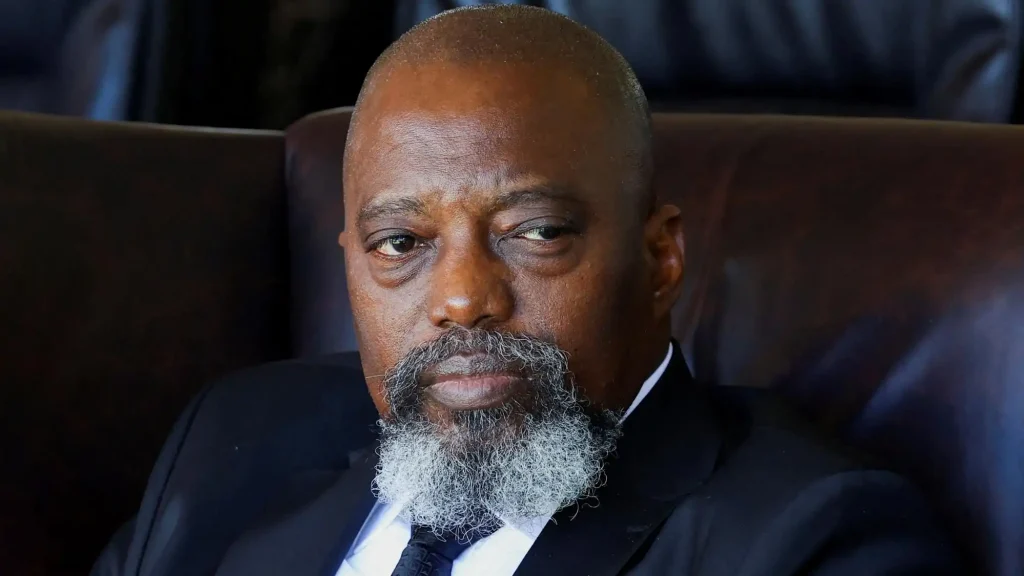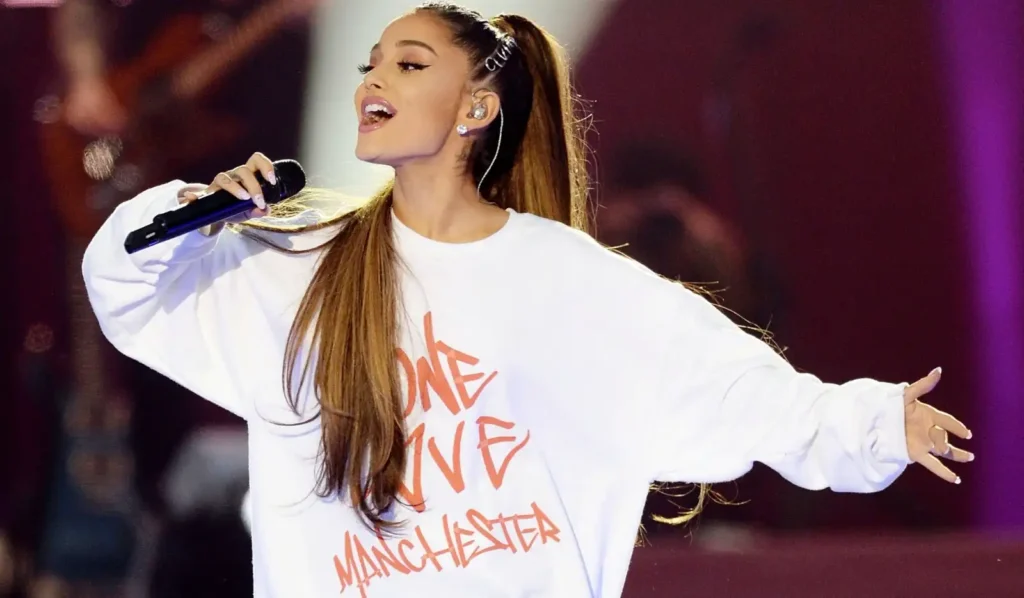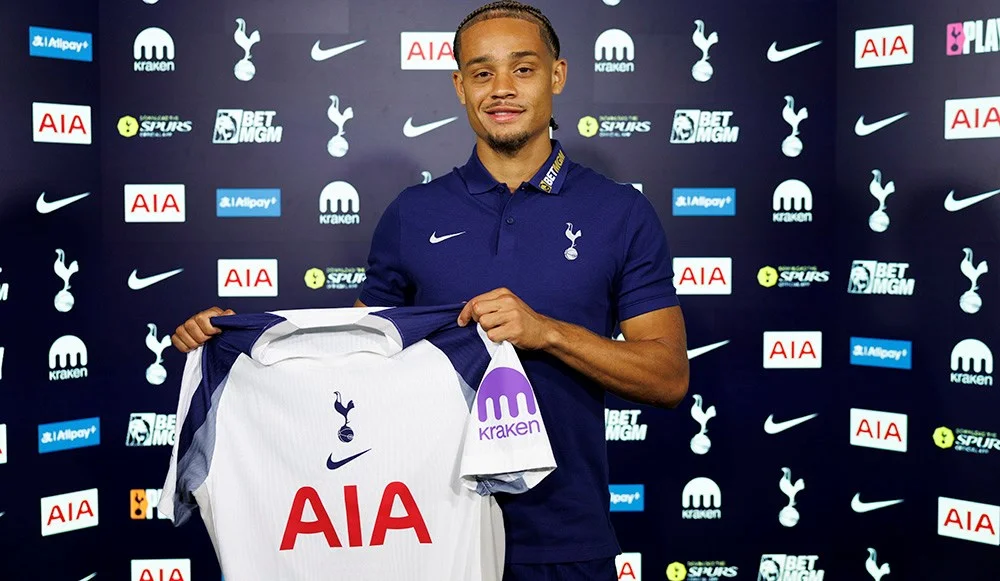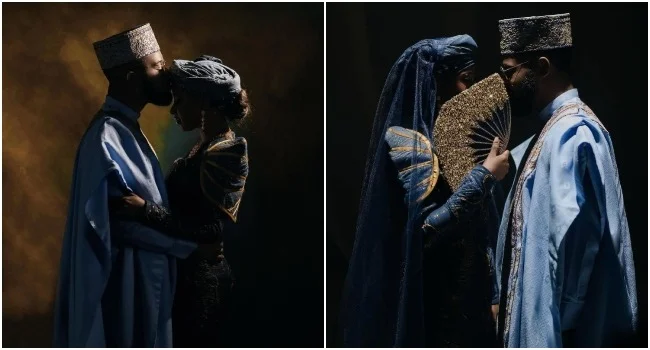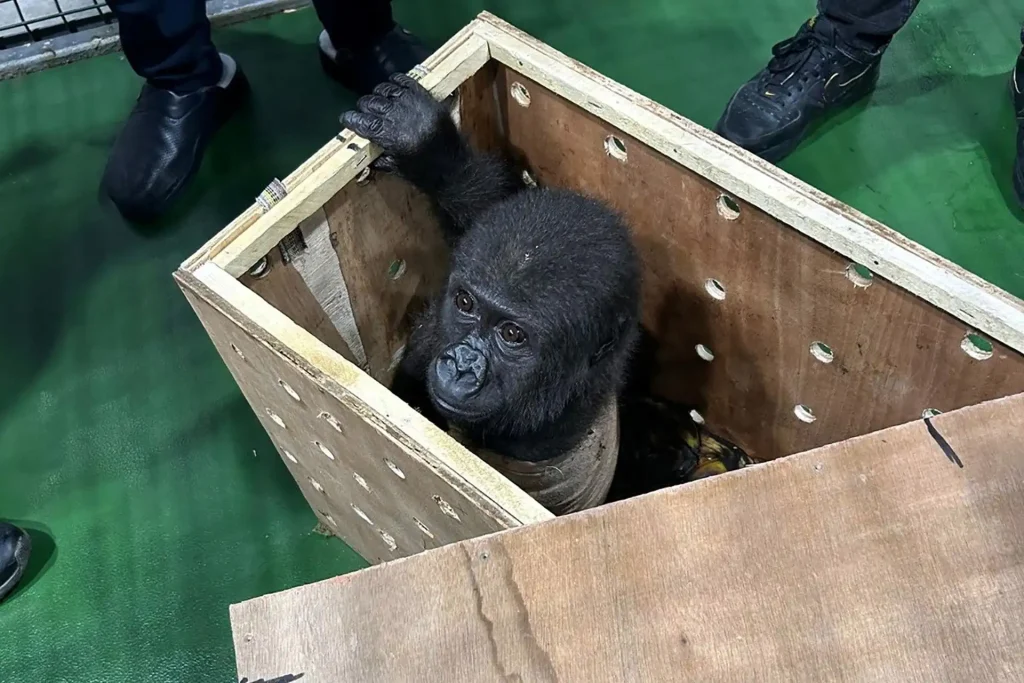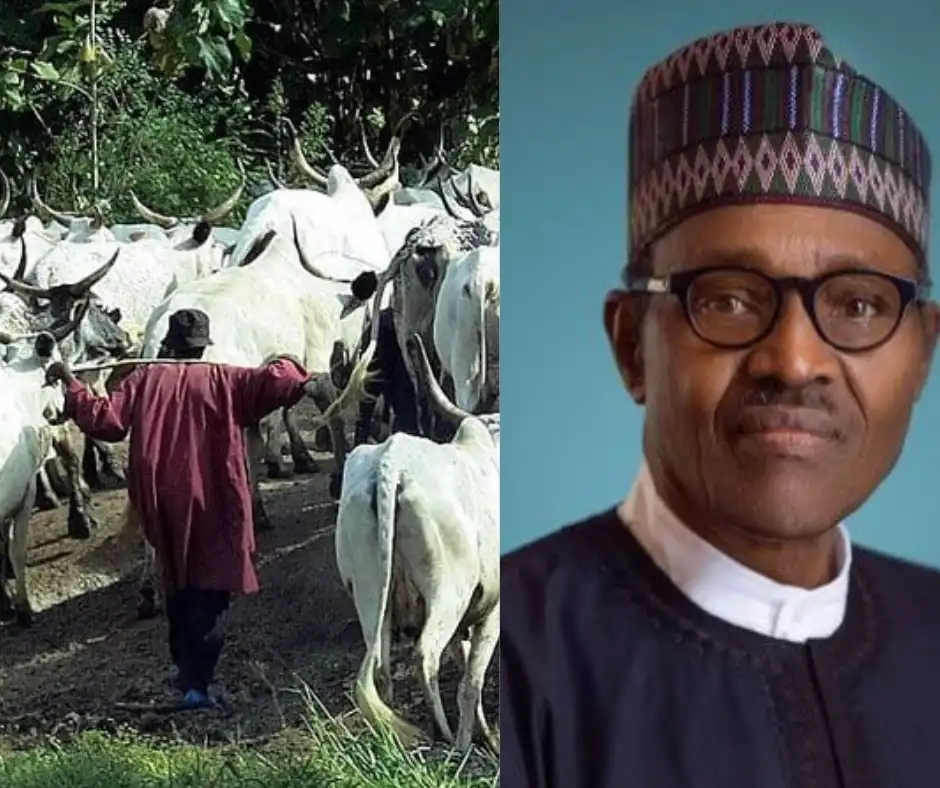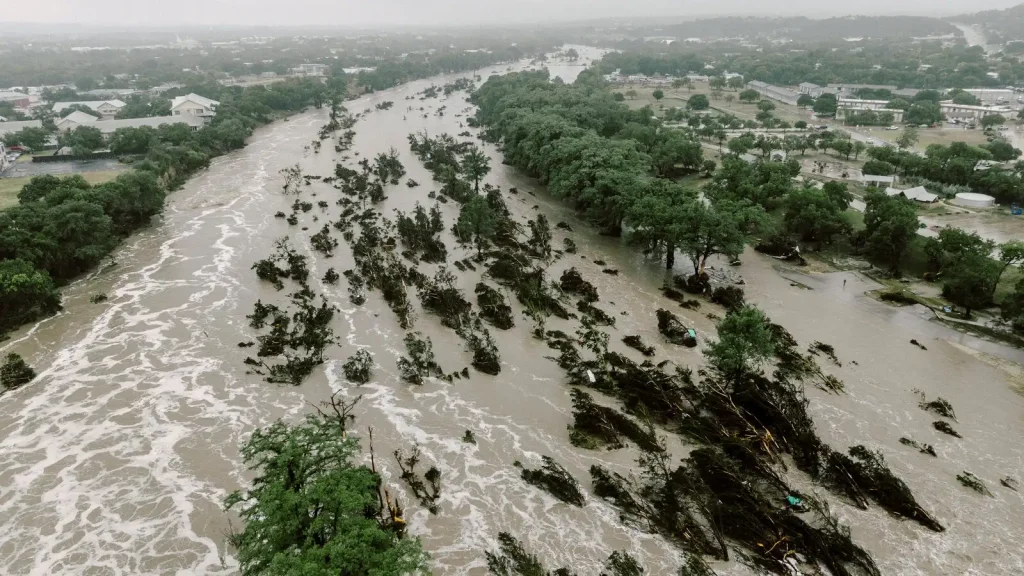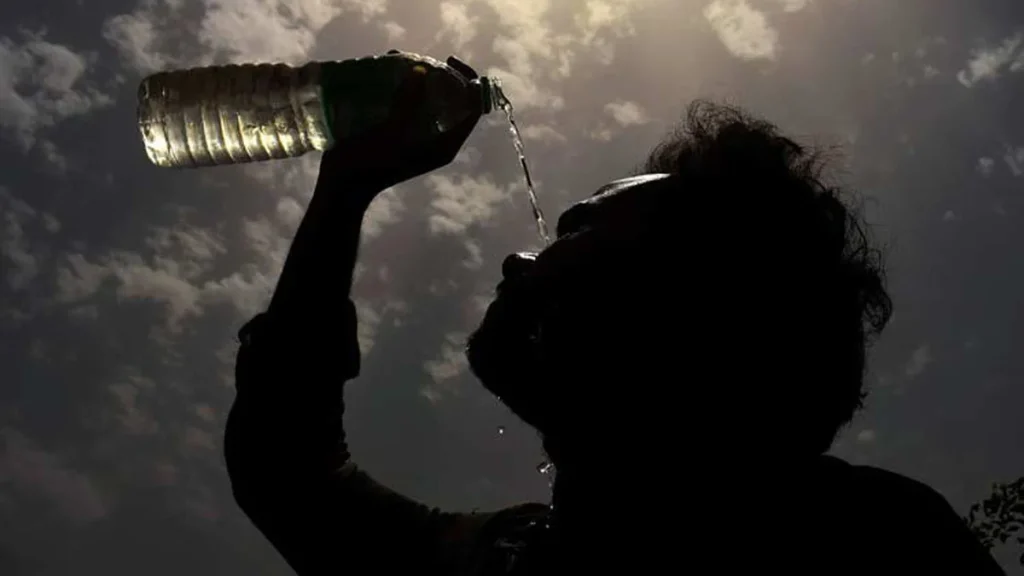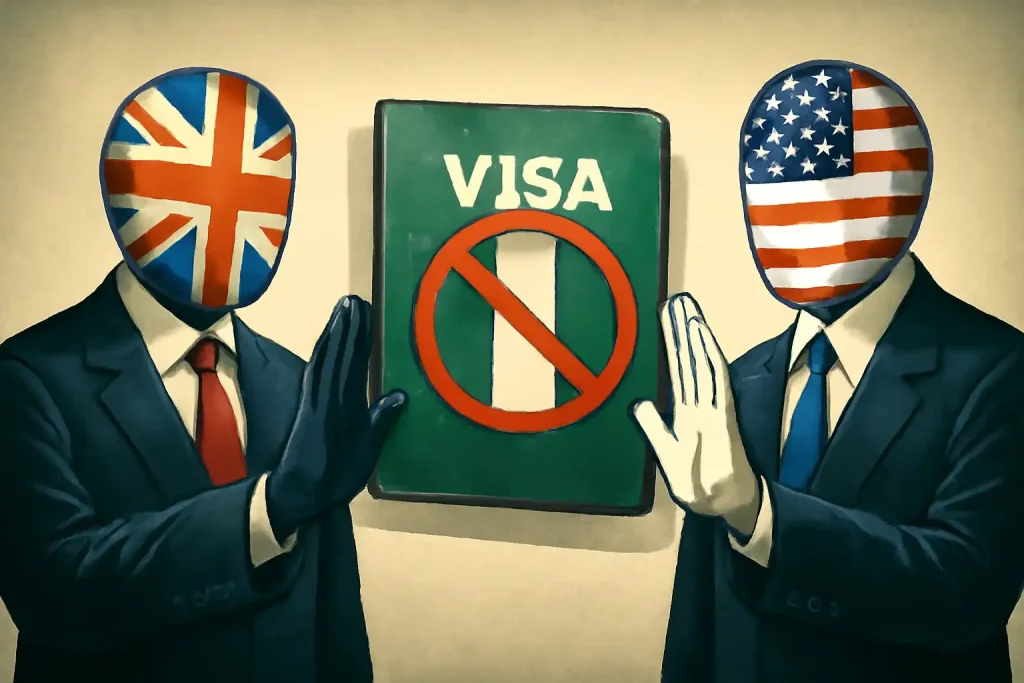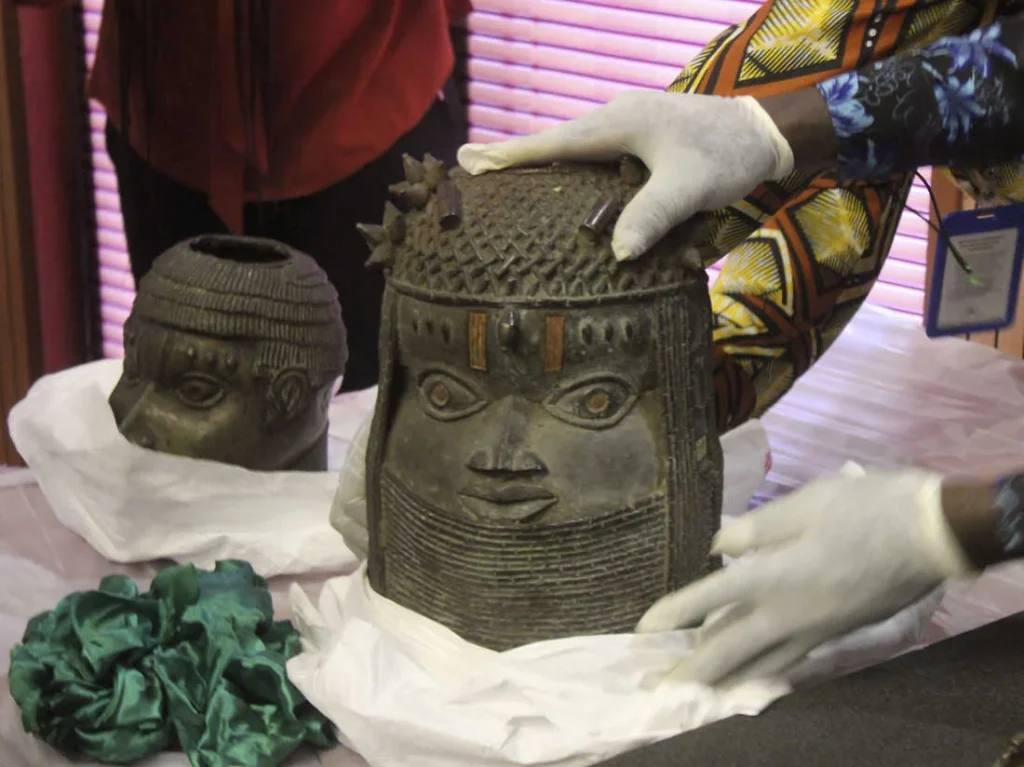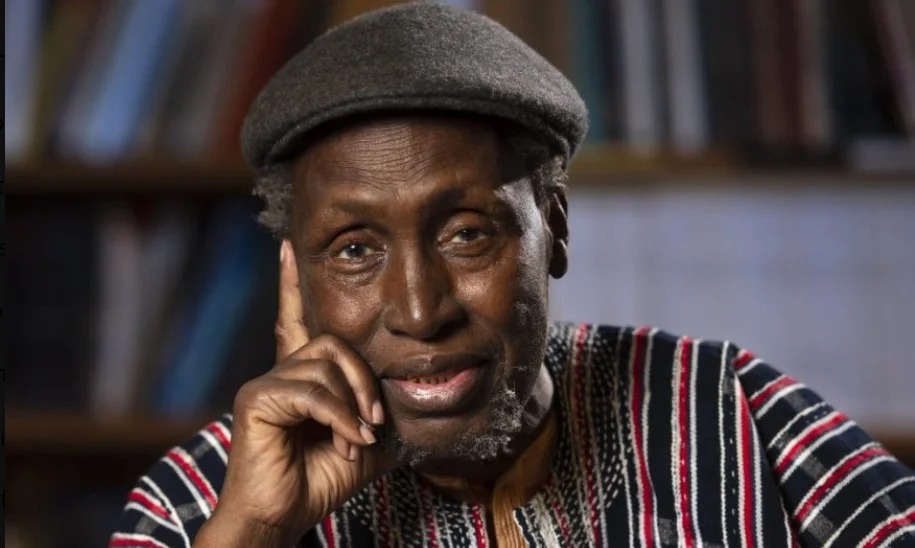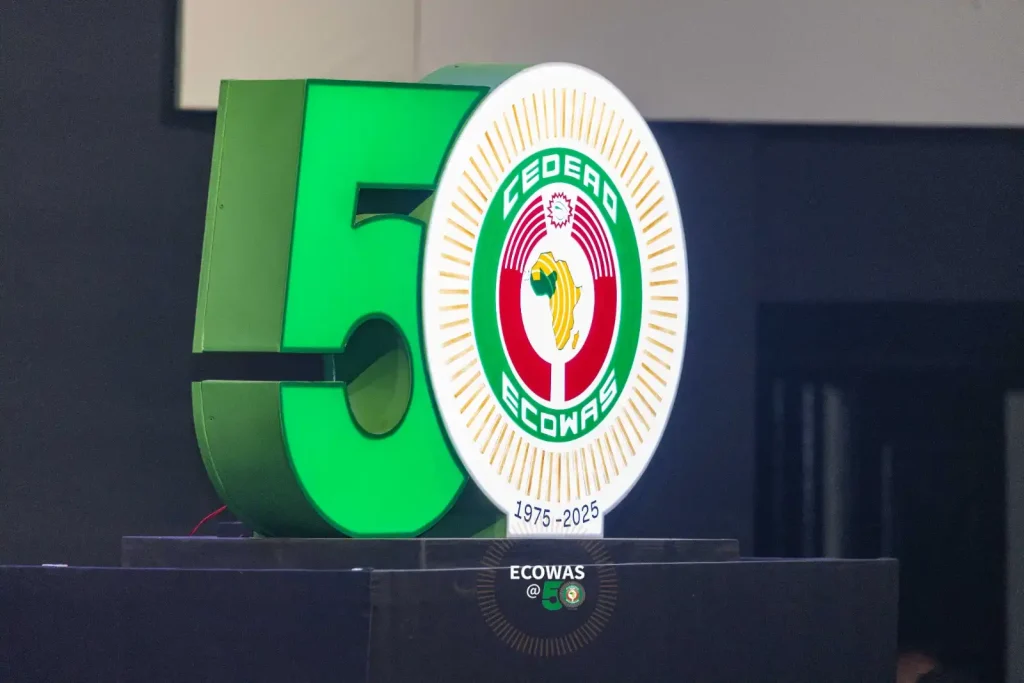The former Democratic Republic of Congo (DRC) President Joseph Kabila arrived in rebel-held Goma, North Kivu, to hold consultations with locals, according to three sources close to him.
The visit which was said to be on Sunday May 25, 2025, was also confirmed by M23-led rebel alliance leader Corneille Nangaa on social media.
This visit follows Kabila’s April 2025 pledge to help resolve the crisis in eastern Congo.
However, it raises concerns about complicating a U.S.-backed peace agreement aimed at ending the Rwanda-backed M23 rebellion, which seized Goma in January 2025.
Allegations and Political Tensions
The DRC government accuses Kabila of supporting M23, with the Senate voting on May 22, 2025, to lift his immunity over alleged crimes against humanity, including civilian massacres.
Government spokesman Patrick Muyaya claimed Kabila is aligning with Rwanda’s Paul Kagame as a “rebel leader.”
Kabila, who stepped down in 2018 after nearly two decades in power, denied these accusations in a May 23 speech, calling the DRC justice system an “instrument of oppression” under President Felix Tshisekedi. Their strained relationship, marked by a failed 2018 power-sharing deal, has fueled political tensions.
M23 Rebellion and Regional Dynamics
The M23 rebellion, backed by Rwanda with arms and troops according to the UN and Western governments, has intensified conflict in eastern Congo, driven partly by the region’s valuable minerals.
Rwanda denies these claims, asserting self-defense against DRC forces and militias tied to the 1994 genocide. M23’s advance, including the capture of Goma, threatens U.S.-led peace talks set for summer 2025, which aim to secure stability and Western investment in Congo’s mineral wealth.
Implications for Peace and Stability
Kabila’s presence in Goma, where M23 holds sway, could undermine peace efforts, suggesting it signals a power play against Tshisekedi’s government.
The DRC’s push to charge Kabila with treason, suspend his political party, and seize assets escalates domestic tensions.
Meanwhile, the U.S. seeks to balance peace negotiations with mineral deals, as noted by Trump adviser Massad Boulos. ECOWAS regional dynamics, including Mali, Burkina Faso, and Niger’s exit to form the Alliance of Sahel States, add complexity to stabilizing the broader region.

